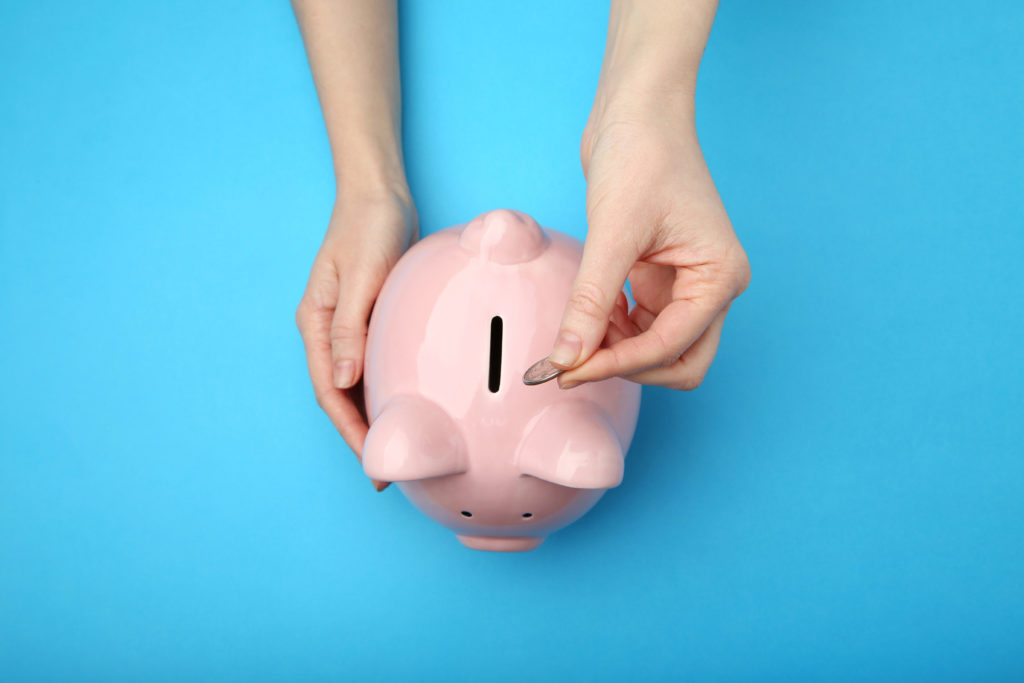|
|
Paying Off Debt vs. Saving: How to Prioritize

Balancing Debt Repayment and Savings: A Strategic Approach
Navigating your financial journey effectively requires a delicate balance between paying off debt and saving money. With the economic landscape of 2024 presenting new challenges and opportunities, it’s essential to adapt your strategies to stay on top of your financial goals.
Building an Emergency Fund: Your Financial Safety Net An emergency fund is more crucial than ever, acting as a financial lifeline during unexpected events. Experts recommend saving at least three to six months’ worth of living expenses in an easily accessible account. This fund can cover unforeseen costs such as job loss, medical emergencies, or urgent home repairs, ensuring you’re prepared for life’s uncertainties.
Debt Reduction: Lowering Financial Burdens Reducing debt is a key step towards financial freedom. Consider transferring high-interest credit card balances to accounts with lower rates and refinancing loans to secure better terms. Aim to maintain or even increase your current payment amounts to expedite debt elimination without extending loan terms.
Strategic Savings Plan: Building for the Future Once your emergency fund is established, focus on long-term savings goals. Automate your savings to ensure consistent contributions and take advantage of any windfalls, such as bonuses or tax refunds, to boost your savings. Remember, even small, regular contributions can grow significantly over time.
Balancing Act: Saving While Paying Off Debt The decision to save or pay off debt isn’t mutually exclusive. A balanced approach allows you to reduce debt while building savings, providing both immediate relief and long-term security. Regularly review your budget to adjust your strategy as needed, ensuring you’re making the most of your financial resources.
Visit https://www.kwikcashonline.com to learn more!
